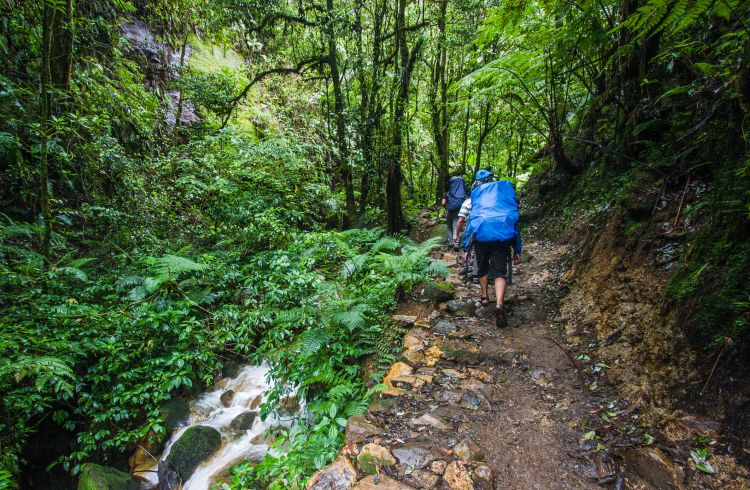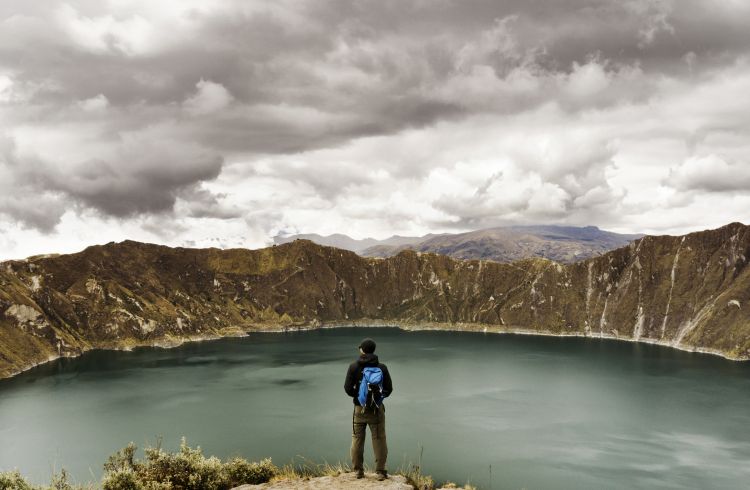Travel Health: Zika Virus
Zika virus is present in several regions around the world. Learn more about symptoms, treatment and prevention of the disease.
 Photo © GettyImages/by Alfian Widiantono
Photo © GettyImages/by Alfian Widiantono
How it Spreads
Zika is part of the flavivirus family; which includes dengue, West Nile and yellow fever.
The virus was first identified in 1947 in Uganda, and a few cases in other parts of Africa and Asia followed. Larger outbreaks were seen in Micronesia in 2007, French Polynesia in 2013 and Brazil in 2015.
Zika is spread by sexual intercourse and blood transfusion. A pregnant woman infected with the virus can also pass it to her unborn child. However, the primary source of transmission is via mosquito bite.
Female mosquitoes require mammalian blood to produce eggs. After a female mosquito bites someone already infected with zika, it spreads as the mosquito bites more people during its three to four-week life span. When a mosquito bites, it injects its saliva containing an anti-coagulant to stop blood from clotting as it bites. The saliva transmits the virus from the mosquito to you.
Aedes aegypti (yellow fever mosquito) is the primary carrier of zika, however, researchers have identified Aedes albopictus (Tiger Mosquito) as another potential carrier. These are the same biters that carry dengue, chikungunya and yellow fever.
Regions Affected
Since 2015, the virus has spread to 60 countries and territories across the world.
The Aedes aegypti mosquito likes warmth and is typically found where temperatures remain above 50°F (10°C.). Its territory is at latitudes between 35° north and 35° south, stopping at 3280ft (1000m) above sea level.
Affected regions include:
- Central and South America
- Africa
- Asia
- Oceania (French Polynesia, Micronesia, Papua New Guinea, Solomon Islands, Timor-Leste)
Vaccination
Currently, there is no vaccination available for zika virus.
Duration
Symptoms last from a few days to a week.
Symptoms
Typically, zika presents similarly to dengue fever and chikungunya such as muscular aches, joint pains, fever, headache and skin rash. Some sufferers also develop conjunctivitis. Most of the time, symptoms are mild, with the majority of people presenting as asymptomatic. Severe illness is very rare. Pregnant women are at significant risk if traveling in regions where zika is present. Obstetric monitoring for microcephaly will be needed.
Treatment
Treatment for zika is limited to treating the symptoms present plus pain relief, hydration and rest. If you feel unwell, seek medical assistance to ensure you are treated correctly and promptly. If you're in a country where the standard of health care may be poor, contact your travel insurer for assistance.
Prevention
- Cover up with long-sleeved clothing, preferably light-colored
- Treat your clothes and gear with permethrin. It lasts about two weeks, even after a couple of wash cycles
- Use a strong DEET based insect repellent (35%)
- Put DEET on again before you go out in the evening
- Keep windows closed and use air conditioning (if available) at your accommodation
- Sleep with the fan on (if available). Mosquitoes aren’t strong enough to fight the current of most fans
- If there is no AC or fan, sleep under a mosquito net treated with permethrin and tuck the ends under your mattress. Don't forget to check for holes in the net.
Related articles
Simple and flexible travel insurance
You can buy at home or while traveling, and claim online from anywhere in the world. With 150+ adventure activities covered and 24/7 emergency assistance.
Get a quote

No Comments